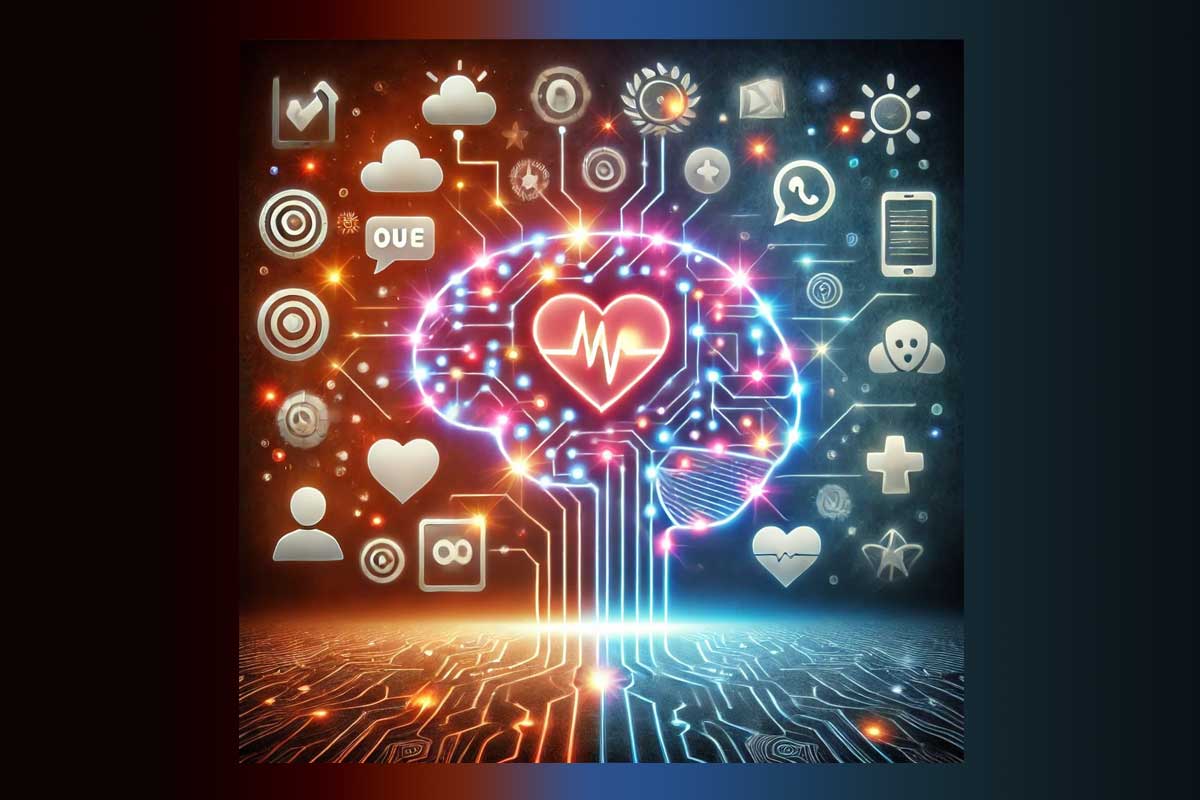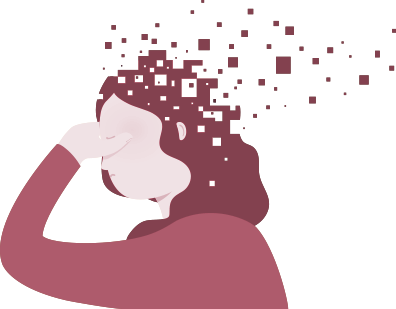
November 9, 2024
Transforming Mental Health Care : The Power of Digital Solutions
Introduction
The field of mental health treatment has seen tremendous change in recent years. The introduction of digital technologies has completely changed how people interact with and obtain mental health care, making it more effective, individualized, and accessible. This transformation in the way mental health services are delivered is more than just a trend; it represents a fundamental shift that opens up new channels for intervention and support.
Comprehending Digital Interventions for Mental Health
A wide range of tools and platforms are included in digital mental health interventions, which are intended to help people use technology to manage their mental health. These include wearable technology, online therapeutic platforms, smartphone applications, and digital tools for self-help and education. By offering extra, adaptable assistance that is adapted to each patient’s needs, these interventions seek to supplement conventional therapeutic techniques.
Digital Mental Health Interventions' Advantages
1. Greater Accessibility:
People in remote or underserved locations can now get mental health treatment thanks to digital interventions that remove geographic constraints. No matter where they live, more individuals will be able to get the assistance they require thanks to the democratization of care.
2. Affordability:
A number of digital technologies provide affordable substitutes for conventional therapy, lowering the cost of mental health care and lowering obstacles to care.
3. Convenience and Flexibility:
These interventions accommodate a range of schedules and lifestyles by offering support when it is most convenient for the user. Consistent participation is encouraged by this flexibility, which is essential for managing mental health well.
4.Privacy and Anonymity:
The degree of privacy provided by digital platforms might lessen the stigma attached to obtaining mental health assistance, which in turn may motivate more people to do so.
5. Instant Support:
In times of distress, a variety of digital technologies offer real-time support, including prompt coping mechanisms and interventions.
Digital Interventions for Mental Health: Types
1. Mobile Applications:
Apps for mental health give users the means to manage their mental health on a daily basis by including elements like mood tracking, mindfulness activities, and cognitive-behavioral strategies.
2. Online Therapy Platforms:
These platforms provide professional support without requiring in-person visits by matching people with certified therapists via phone calls, video chats, or messaging.
3. Wearable Technology:
By tracking physiological markers like heart rate and sleep patterns, wearable technology can reveal information about a user’s mental health and trigger interventions when needed.
4. Self-Guided Online Programs:
Users can work on their mental health at their own pace using structured online programs that lead them through educational materials and therapeutic exercises.
Difficulties and Things to Think About
Digital therapies for mental health offer numerous advantages, but they can have drawbacks. Since sensitive personal information is involved, data security and privacy are of utmost importance. Furthermore, not everyone can benefit from these interventions, especially those with serious mental health issues, and their efficacy can vary. These techniques must be used in conjunction with conventional therapy, not in place of it.
Future Prospects for Digital Mental Health
Digital mental health technologies that include AI and machine learning have the potential to provide more individualized and adaptable treatments. It is anticipated that these tools will advance in sophistication as technology develops further, providing specialized assistance that adjusts to the particular requirements and situations of each user.
To sum up, digital mental health treatments are changing the way mental health care is provided by increasing the accessibility and adaptability of support. By adopting these technologies, we can enable people to take charge of their mental health and promote resilience and wellbeing in a world that is becoming more and more digital.
Conclusion
A revolutionary change in the way we think about mental health is represented by digital mental health interventions, which make help more easily available, reasonably priced, and customized than in the past. People can improve their coping mechanisms, increase their resilience, and get timely support in ways that suit their particular situation by incorporating these tools into their everyday lives. Digital tools provide strong, supplemental support that can improve overall mental health care, but they cannot replace traditional therapy, particularly for individuals dealing with severe mental health issues. We can anticipate much more innovation in digital mental health as technology develops, with tools becoming more complex and user-focused. A future where everyone has access to mental health support, irrespective of their location, schedule, or financial circumstances, can be achieved by embracing these resources. In addition to changing access, the digital revolution in mental health treatment has provided people the tools they need to take meaningful, significant control of their mental health journeys.



